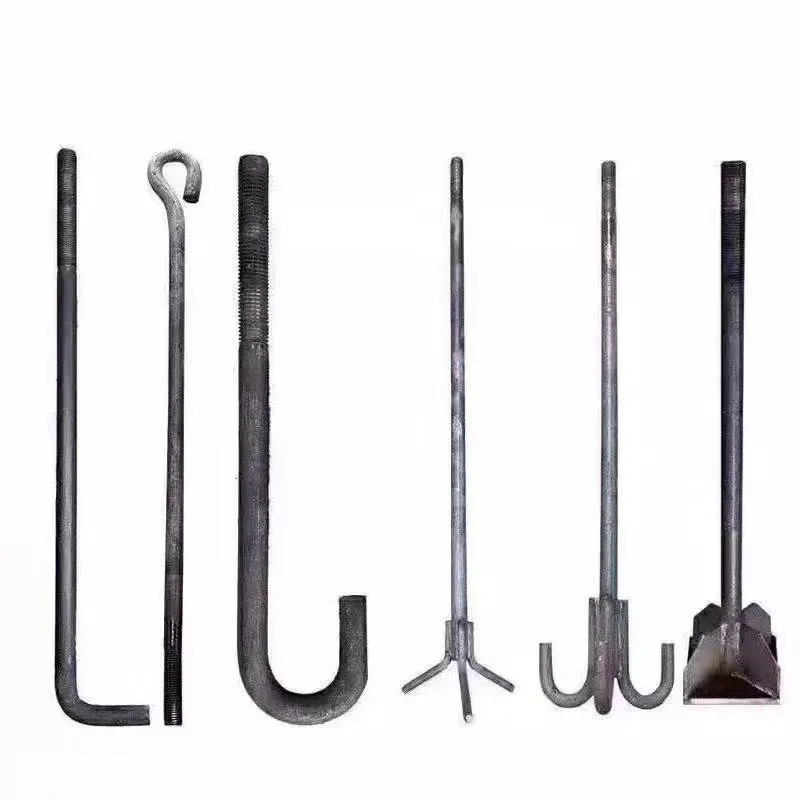

Exploring the Role of Metal Fasteners in Modern Manufacturing and Construction Industries
Sep . 24, 2024 16:36 Back to list
Exploring the Role of Metal Fasteners in Modern Manufacturing and Construction Industries
Understanding Metal Fasteners The Backbone of Construction and Manufacturing
Metal fasteners are essential components in various industries, playing a critical role in the assembly and stability of structures and machinery. These seemingly simple devices, which include screws, bolts, nuts, rivets, and washers, are foundational to construction, automotive manufacturing, electronics, and many other fields. The significance of metal fasteners cannot be overstated, as they provide the necessary strength and durability to hold together various materials securely.
One of the key factors that determine the performance of metal fasteners is the material from which they are made. Common materials used include stainless steel, carbon steel, aluminum, and titanium, each offering unique properties. For instance, stainless steel fasteners are renowned for their corrosion resistance and are widely used in environments prone to moisture and exposure to chemicals. On the other hand, titanium fasteners are favored in aerospace applications due to their lightweight and high strength-to-weight ratio.
The manufacturing process of metal fasteners is also vital to their performance. Techniques such as cold heading, machining, and forging are employed to achieve precision and consistency. Cold heading, for example, allows for the mass production of screws and bolts while maintaining uniformity in size and shape. Additionally, the heat treatment process can enhance the strength and hardness of fasteners, making them suitable for heavy-duty applications.
metal fasteners

Choosing the right metal fastener involves understanding the specific requirements of the job, including load-bearing capacity, environmental conditions, and compatibility with other materials. Engineers must consider factors such as tensile strength, shear strength, and fatigue resistance. In many cases, specialized fasteners are designed for particular applications, such as self-tapping screws for easy installation in hard materials or high-strength bolts for critical structural connections.
As industries continue to evolve, so too does the technology behind metal fasteners. Advancements in materials science and manufacturing techniques are leading to the development of innovative fasteners that enhance performance and reduce assembly time. Moreover, the growing emphasis on sustainability is prompting manufacturers to explore eco-friendly materials and processes.
In conclusion, metal fasteners are indispensable in modern construction and manufacturing. Their variety, strength, and adaptability make them crucial for ensuring the integrity of structures and machinery. As technology progresses, the future of metal fasteners looks promising, with ongoing improvements set to enhance their efficiency and sustainability. Understanding and selecting the right fasteners will continue to be a vital skill for engineers and manufacturers alike, ensuring that the backbone of our construction and manufacturing sectors remains strong.
Latest news
-
Hot Dip Galvanized Bolts-About LongZe|High Strength, Corrosion Resistance
NewsJul.30,2025
-
High-Strength Hot Dip Galvanized Bolts - Hebei Longze | Corrosion Resistance, Customization
NewsJul.30,2025
-
Hot Dip Galvanized Bolts-Hebei Longze|Corrosion Resistance&High Strength
NewsJul.30,2025
-
High-Strength Hot-Dip Galvanized Bolts-Hebei Longze|Corrosion Resistance&High Strength
NewsJul.30,2025
-
Hot Dip Galvanized Bolts-Hebei Longze|Corrosion Resistance&High Strength
NewsJul.30,2025
-
Hot Dip Galvanized Bolts - Hebei Longze | Corrosion Resistance, High Strength
NewsJul.30,2025

